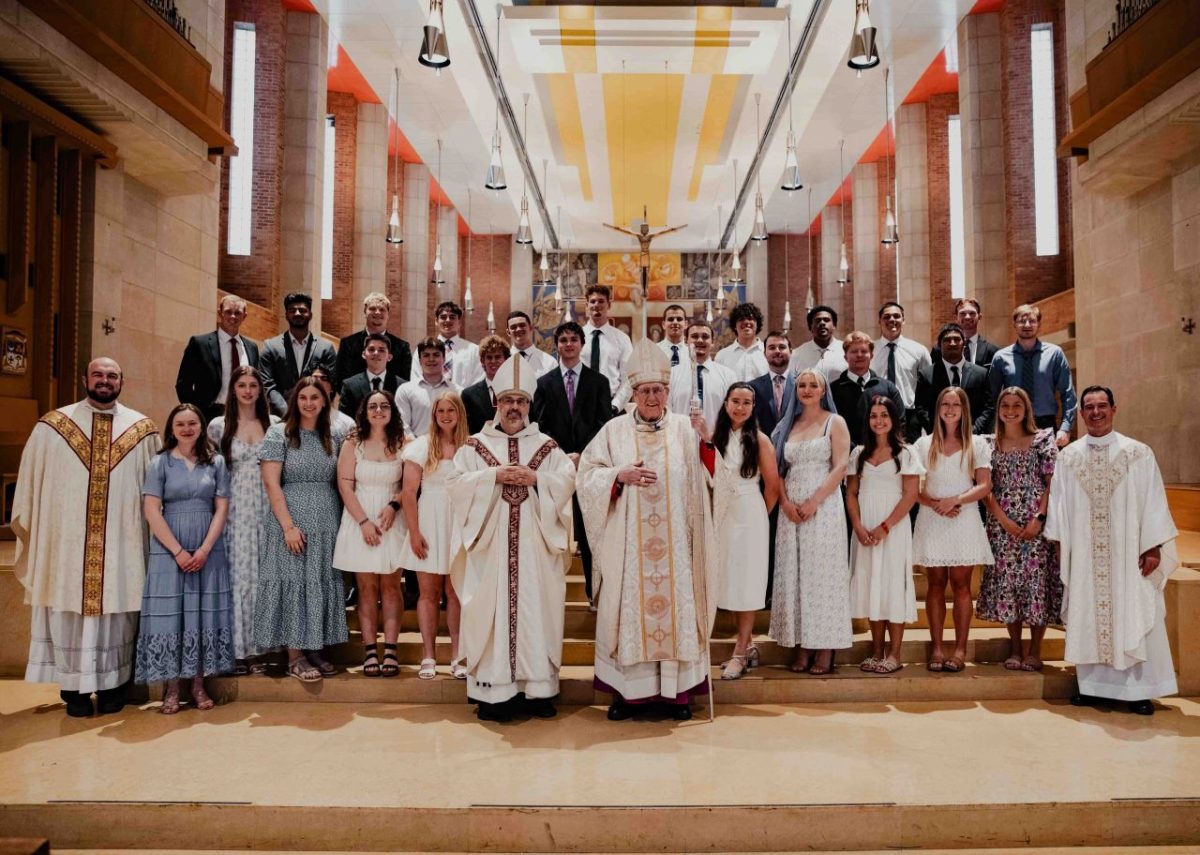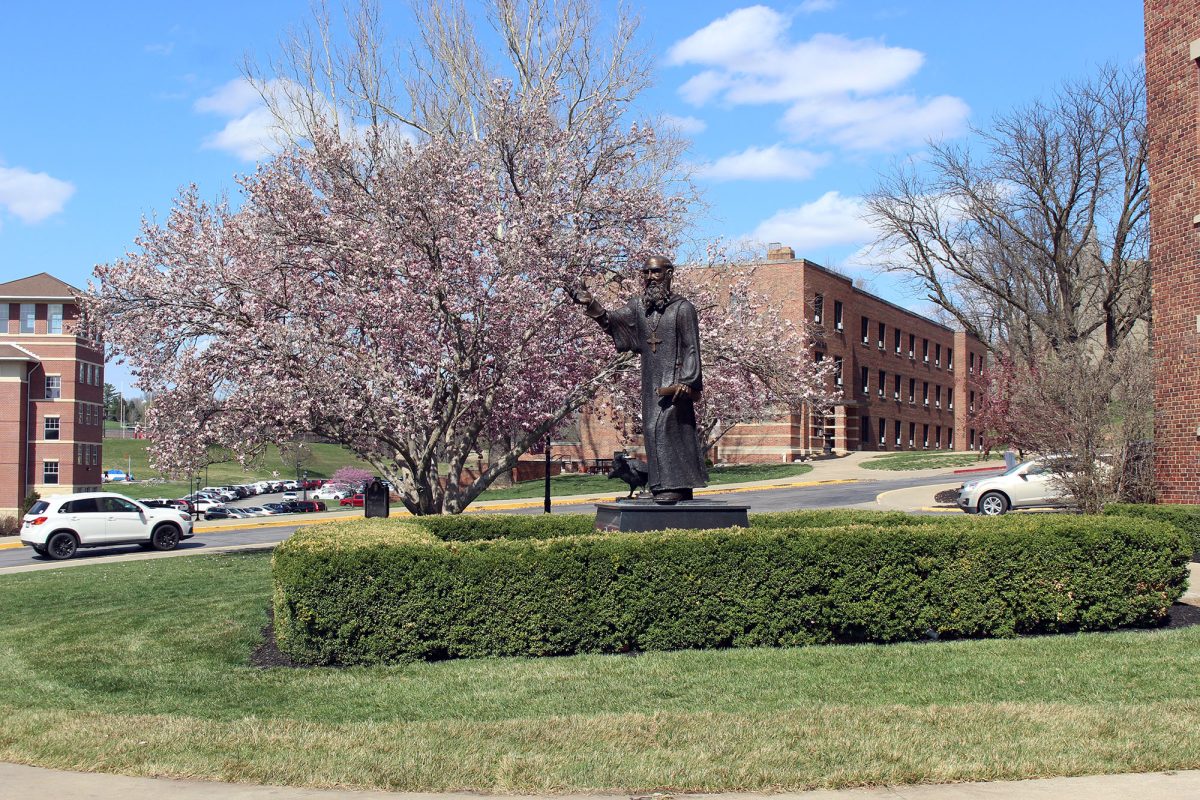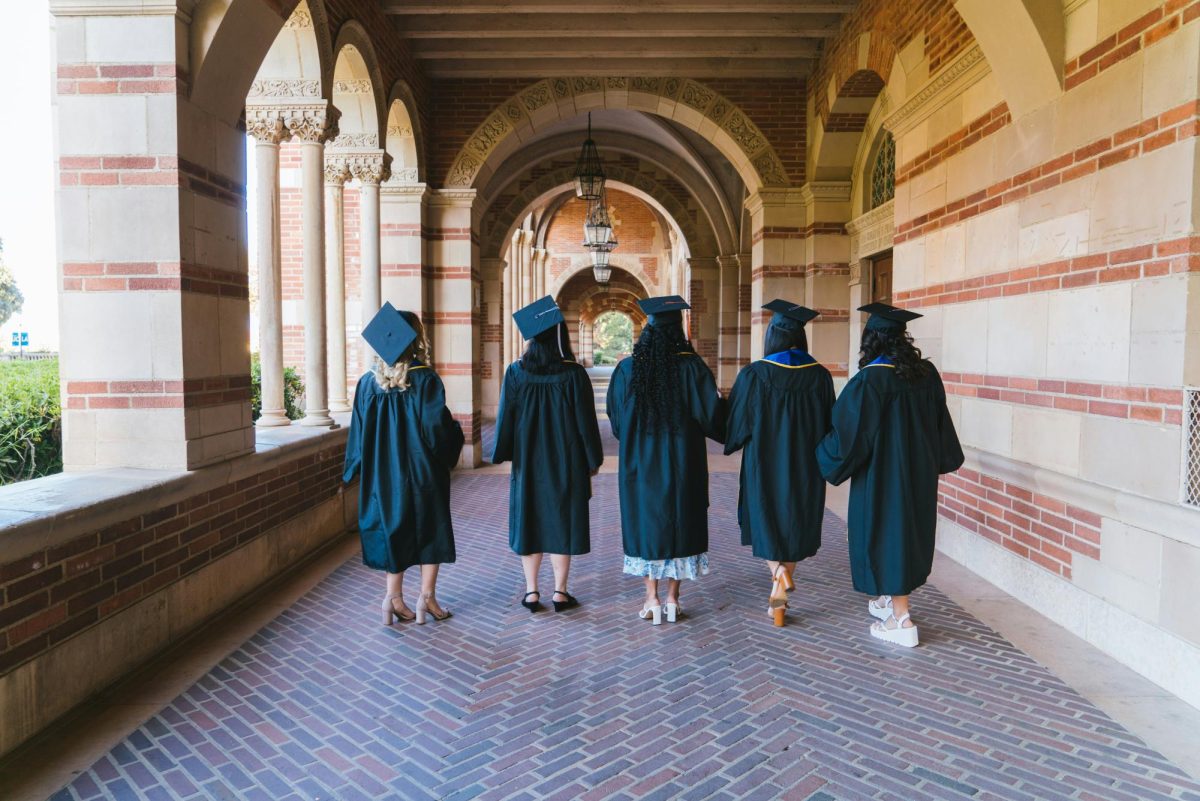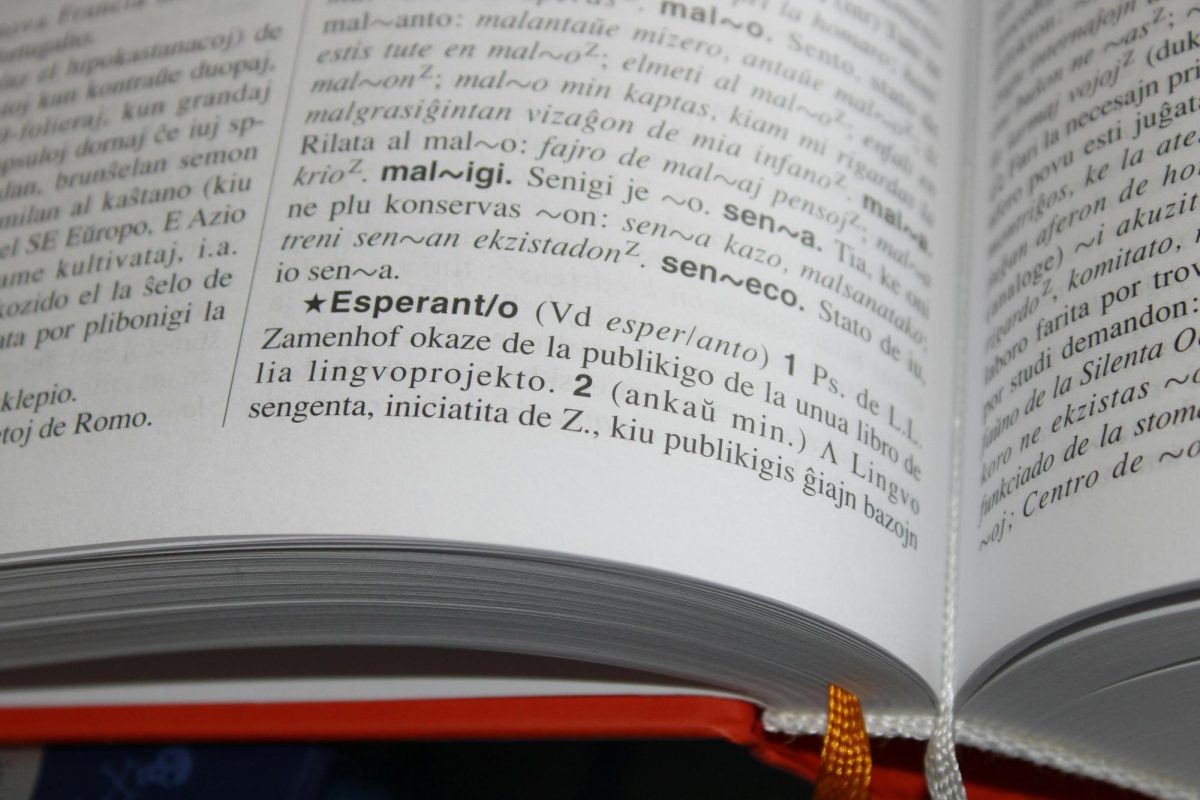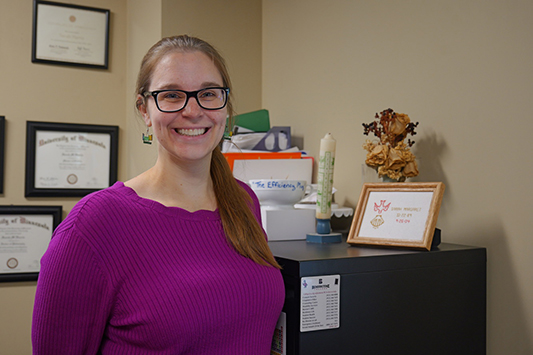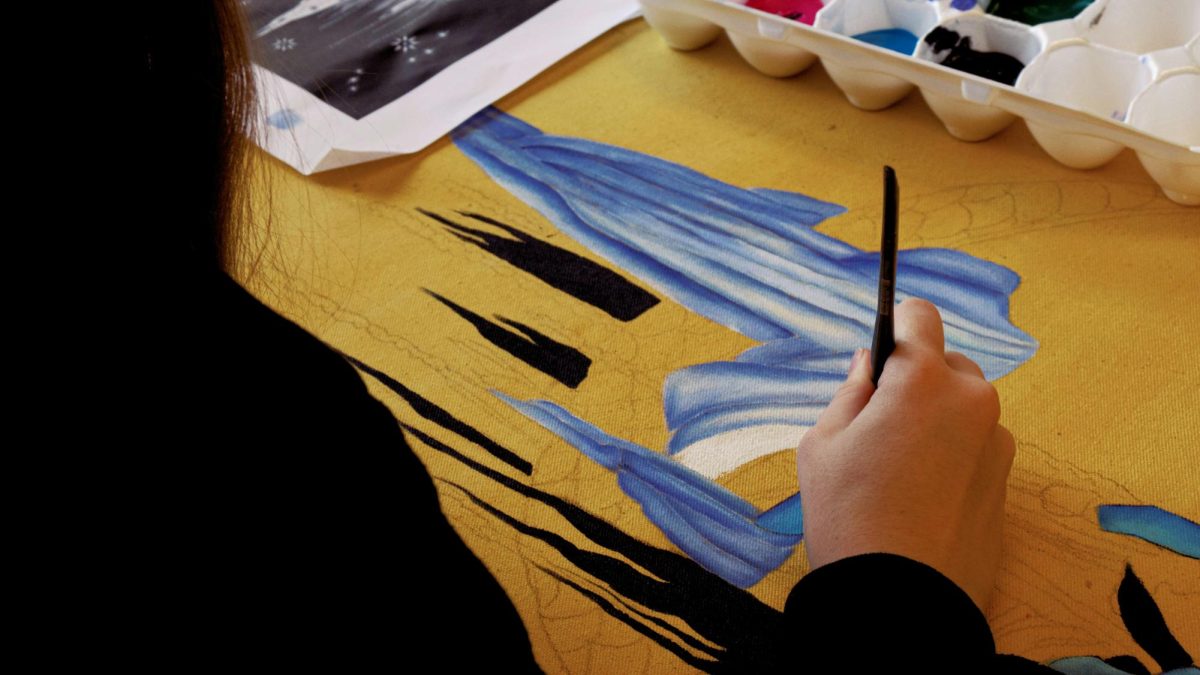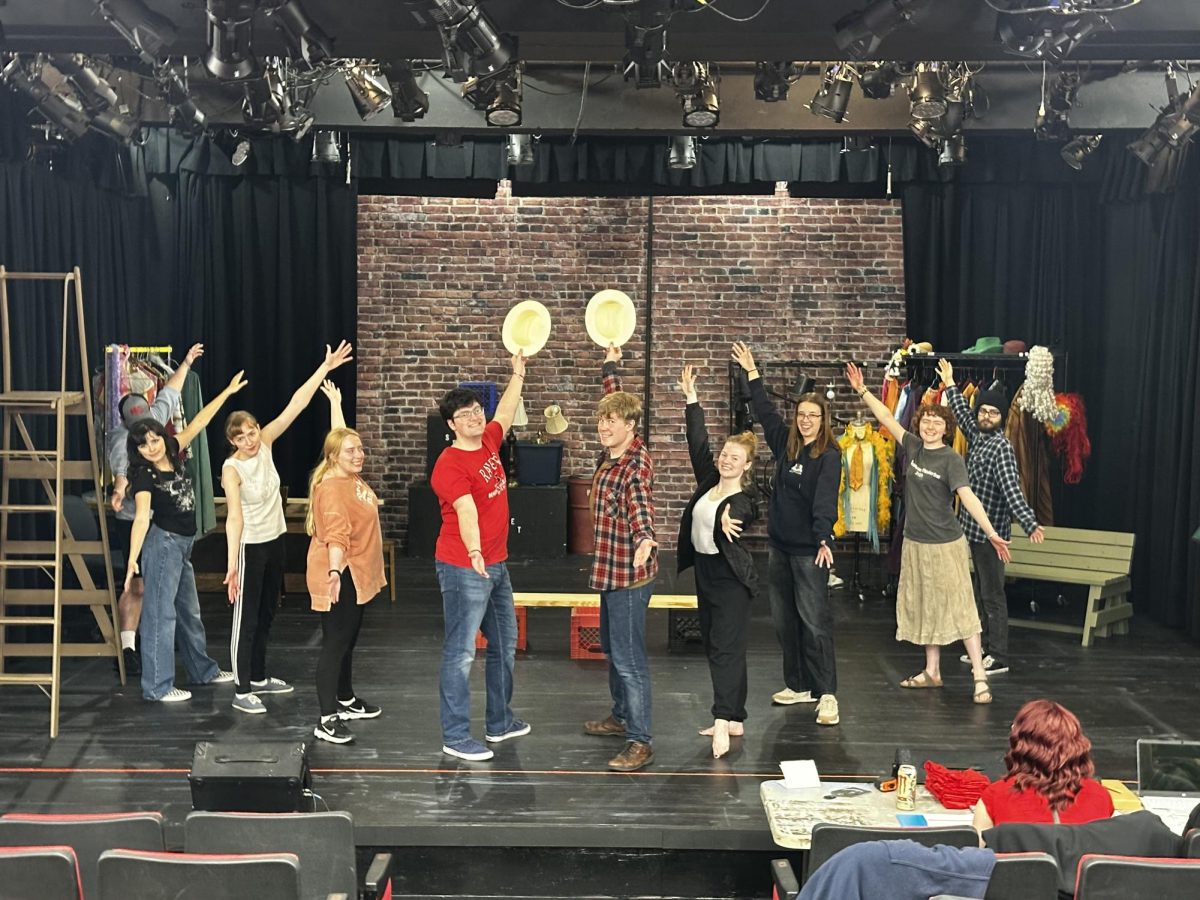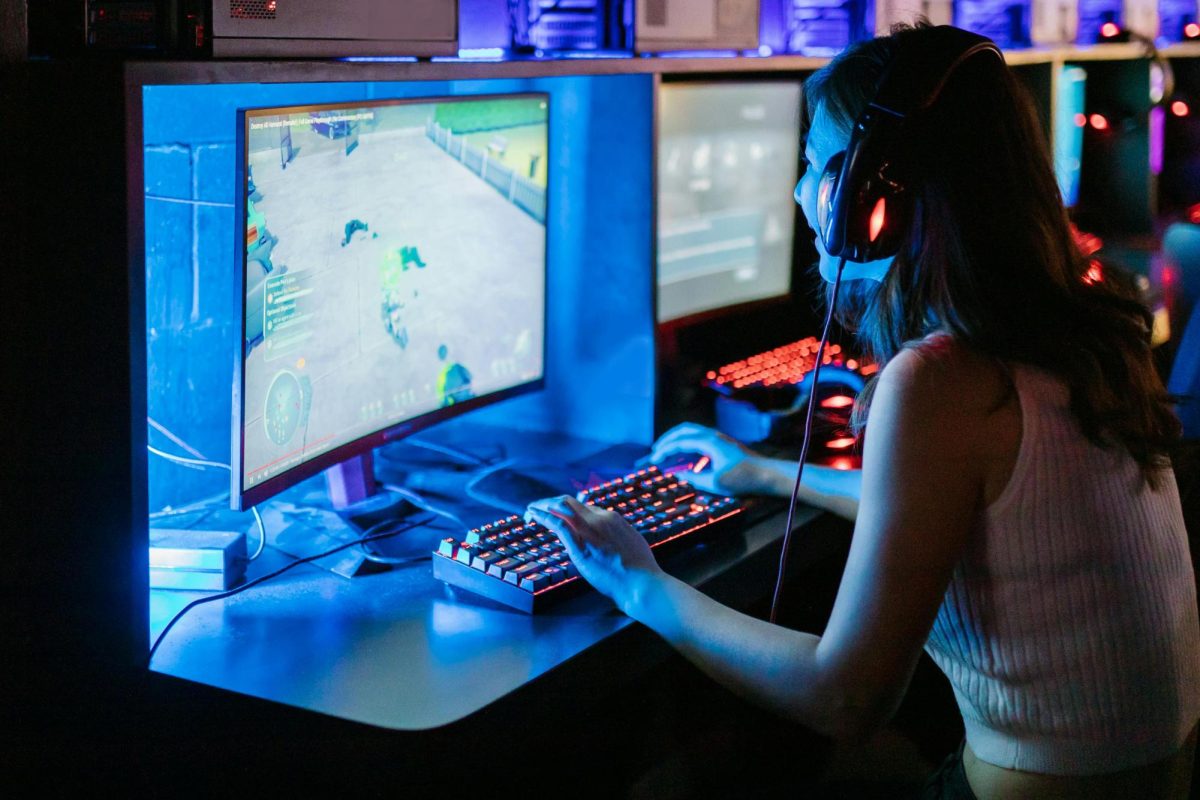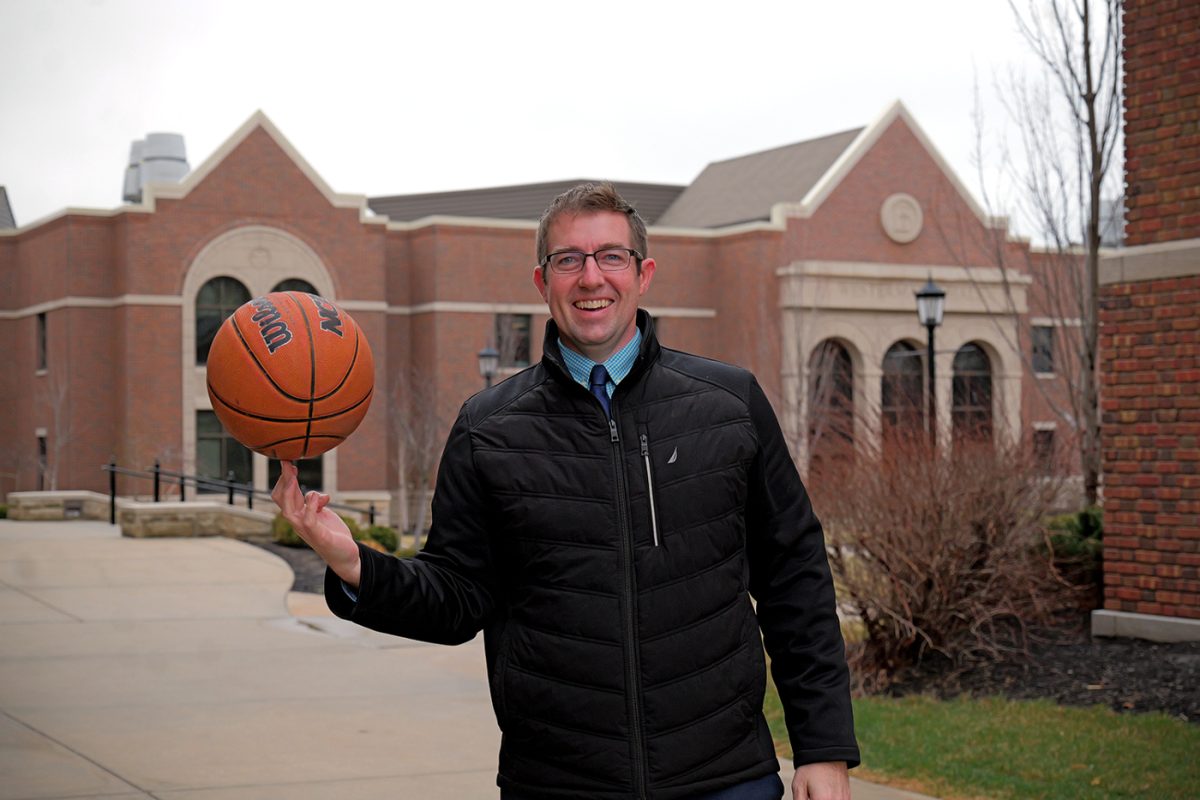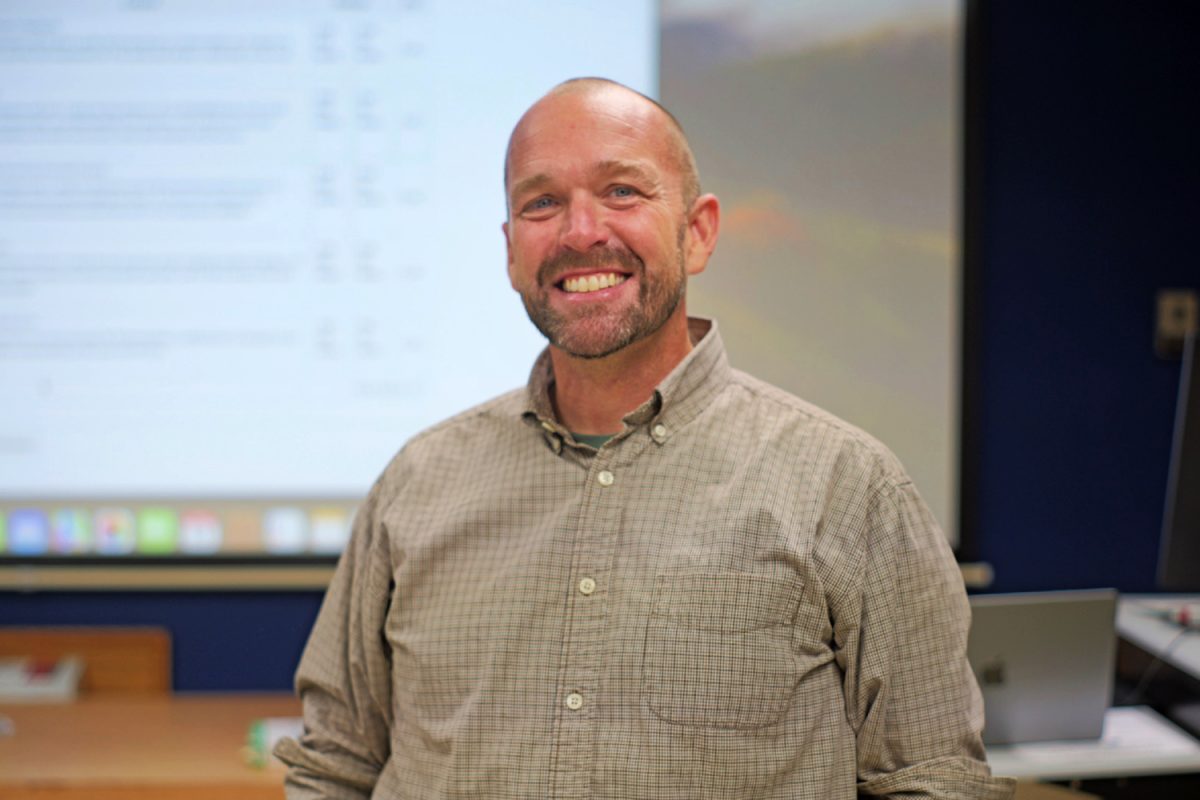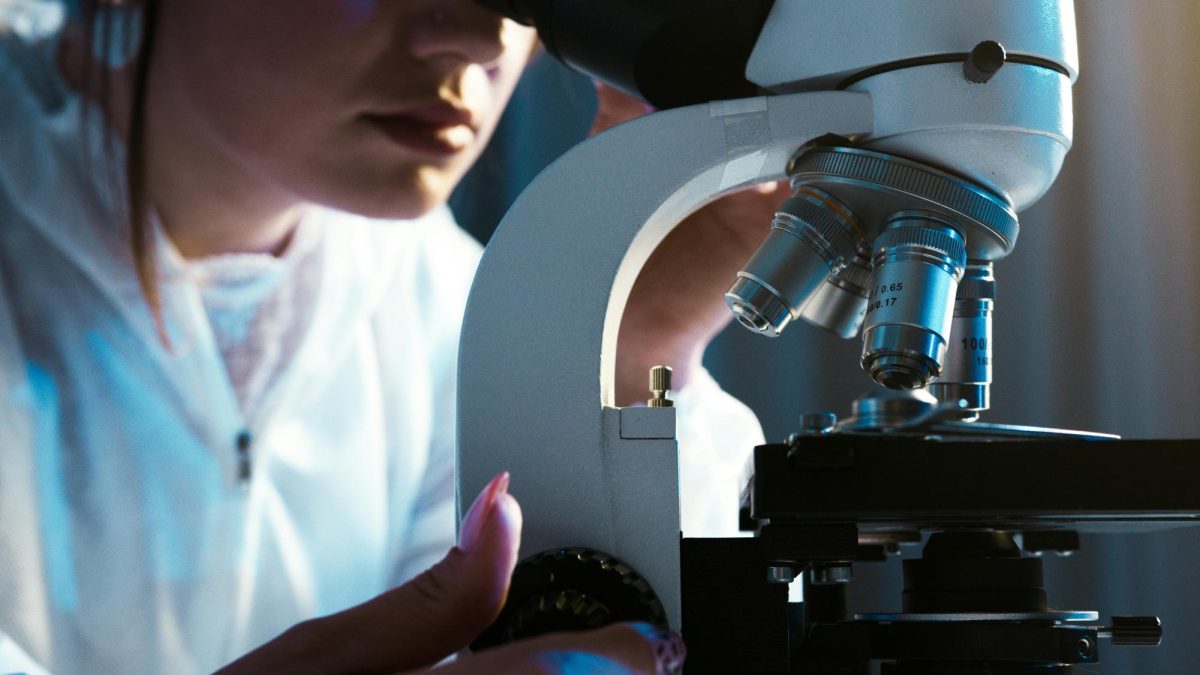As AI becomes more common, students at Benedictine College have used it as an amplified tool in their education. There have been occasions where students have used AI to complete homework assignments, thus avoiding doing the work themselves. Over the summer, professors on the curriculum committee met to address the issue of incorporating AI into the curriculum without hindering students’ critical thinking.
Professor Daphne McConnell of the World Languages programs said, “We discussed redeveloping classes and homework assignments to encourage students to take responsibility for their education and not be tempted to cheat.”
The first issue addressed was asking questions about the in-class assignments, which were essential to learning the course content. For example, does a 12-page paper encourage the student to research more into what they are learning, or does it cause them too much stress and tempt them to cheat? However, if some professors and disciplines allow students to use AI in their learning, but not others, this can cause harm to their critical thinking.
Professors discussed redeveloping assignments so that AI is not reliable. This came down to having students work on assignments in class, assigning more reading outside of the classroom, and having them write handwritten essays. The reason for this is that students do not lose their capability of critical thinking. Attending a liberal arts college comes with having to understand pieces of all areas and not just isolating one’s knowledge to just one field of study.
Looking at this from a moral theological perspective, the mission of Benedictine College is to educate people to become devoted Catholics and be a witness to Christ. To understand the world as God’s creation is to see the world through humanity. AI in education blinds a man’s view of God’s creation, along with causing students to not rely on their critical thinking skills to perform well in their education.






